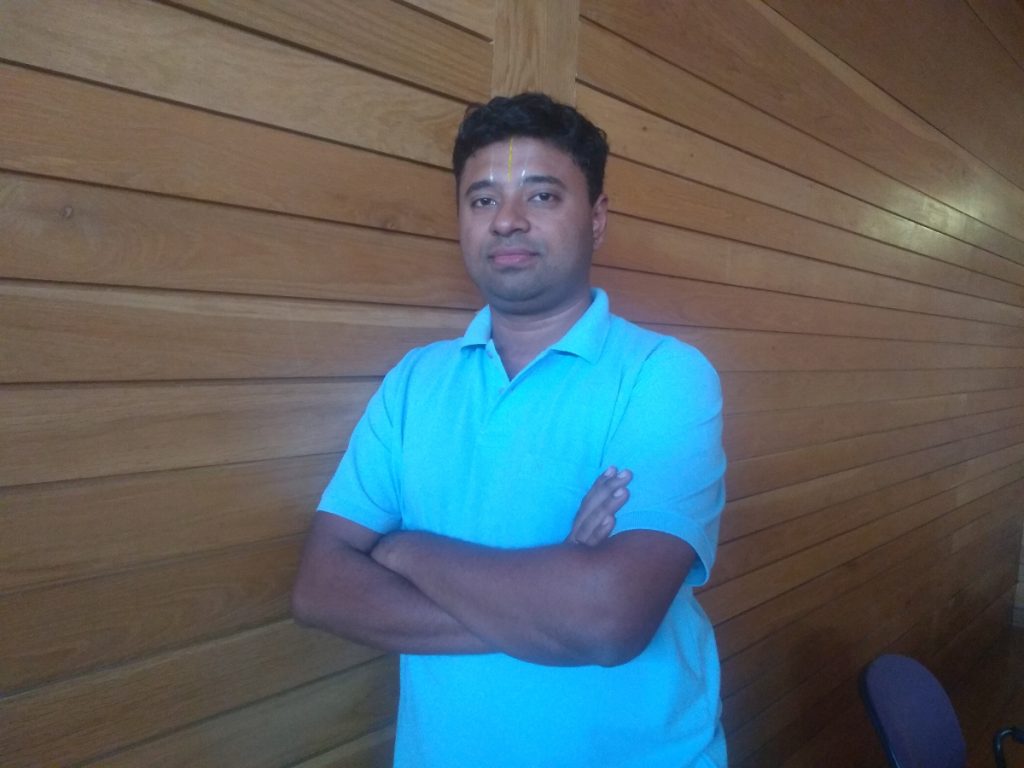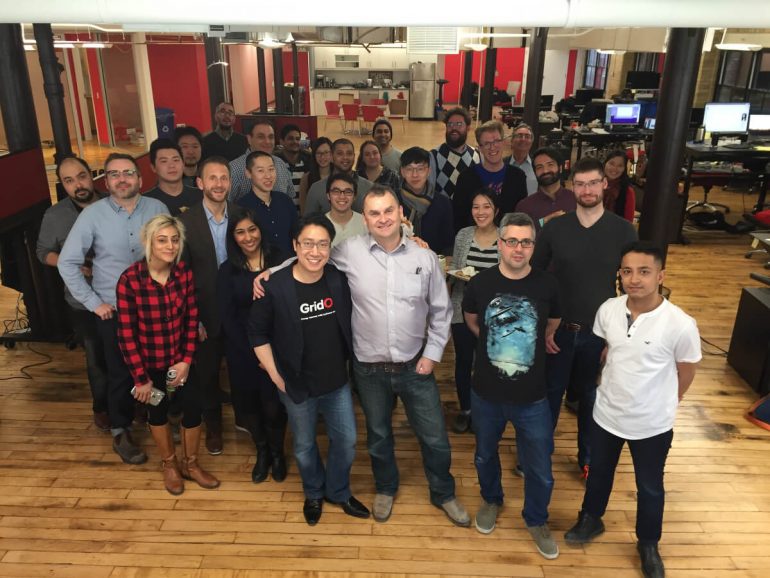As part of a regular series, Global Skills Hub asks their clients to share their experience hiring globally and asks technologists around the world to share their motivations, successes, and reasons why they have chosen a path to Canada.
Despite Canada’s technology sector growing and expanding each year, a study conducted by ICTC states that the country will face a tech talent shortage of 216,000 workers by 2021.
The lack of talented tech workers is a problem that many companies across Canada are facing, and some have gone global in the search for a solution.
Overcoming the unknown
Opus One Solutions is a software engineering and solutions company with the vision of a distributed energy network. Their intelligent energy networking platform, GridOS, optimizes complex power flows so that it can deliver real-time energy management and integrated planning to distribution utilities and other managers of distributed energy assets.
“The Global Skills Talent Stream has really shown me what a more diverse team could mean not only for our development teams, but for the company as a whole.”
Founded in 2011, the company has grown to 60 employees and has plans to hire 40 more over the next two years with the help of Jarett MacLeod, a People and Culture Specialist, who is currently scaling the company’s engineering and software development teams by tapping into diverse talent pools from around the world.
When Opus first began to hire international talent, MacLeod admitted he was hesitant. Like many other companies, he feared the unknown.
“When Canadian companies hire locally, they tend to favour the same three or four schools and the same companies that are known for strong talent,” he explained. “Internationally, we don’t know what schools or companies produce strong team members. The onus is and should be on us to do the research, learn from our peers’ experience, and draw from more diverse sources globally.”
MacLeod, who works as a member of a two-person People & Culture team, explained that the biggest challenge he faces in recruiting is that time and resources are scarce. Searching for global candidates can extend the required timeframe.
“The difference between global and local hiring is the time invested in the process,” MacLeod said. “With local candidates, maybe we’ve invested two or three weeks in the process, however, relocating from abroad demands a lot more consideration on both sides. These individuals are uprooting their lives (and potentially their family as well). It requires more time, both from a logistics and emotional preparedness lens.”
Trial and error
In order to mitigate some of the concerns he was facing, MacLeod partnered with Global Skills Hub to bring the world’s top technical talent to Opus One.
“Working with a partner that has a deep understanding of the federal Global Talent Stream (GTS) program and the process it entails was really invaluable, especially when it came to the actual immigration process, which can seem daunting,” MacLeod said.
In addition to the fine print of the immigration process, a personal fit has to be considered as well. The values and motivations of a candidate, and how they align with the company’s values, can dictate whether or not the outcome will be a new and impactful life in Canada. Together, the two parties were able to source and hire Lakshmi, a software developer from India.

A technically strong developer with Bay Area experience and entrepreneurial ambitions, Lakshmi pointed to the GTS and Canada’s immigration policy broadly as significant factors in deciding to come to the country.
“A significant part of the decision to move to Canada was the fact that my wife, who is an engineer herself, would automatically be able to obtain a work permit with or without a formal job offer,” he said. “Only one of us had to obtain a work permit through the Global Talent Stream for us both to work in the country.”
“We have a well-defined interview process at Opus One and initially tried to replicate it with international candidates. Between dropped video calls and the nuances that get lost over the phone, we realized it didn’t always quite work.”
Although Opus One Solutions has experienced success in global hiring, MacLeod did admit that finding a hiring process that worked for the company came with some trial and error.
“It’s been a lot of experimentation,” he explained. “We have a well-defined interview process at Opus One and initially tried to replicate it with international candidates. Between dropped video calls and the nuances that get lost over the phone, we realized it didn’t always quite work.”
MacLeod suggested that hiring teams have to be willing to adapt to the formats that work best remotely. “Maybe that whiteboarding question or programming test becomes a take home assignment and the interview portion shifts into a code review,” he said.
Beyond the format, MacLeod argued that keeping the candidate experience top of mind needs to be a priority. His team put together a video tour to help international candidates connect to the company during the interview process and to know what to expect when they arrive in Canada.
The broader impact
Although MacLeod is currently scaling the company’s engineering and software development teams, he has found that sourcing globally has benefitted Opus One as a whole.
“When everyone is approaching a challenge from a similar viewpoint, whether that’s from where they obtained their education or where they’re from, you absolutely run into the risk of developing group think and outputting less innovative ideas,” he said. “The Global Skills Talent Stream has really shown me what a more diverse team could mean not only for our development teams, but for the company as a whole.”


